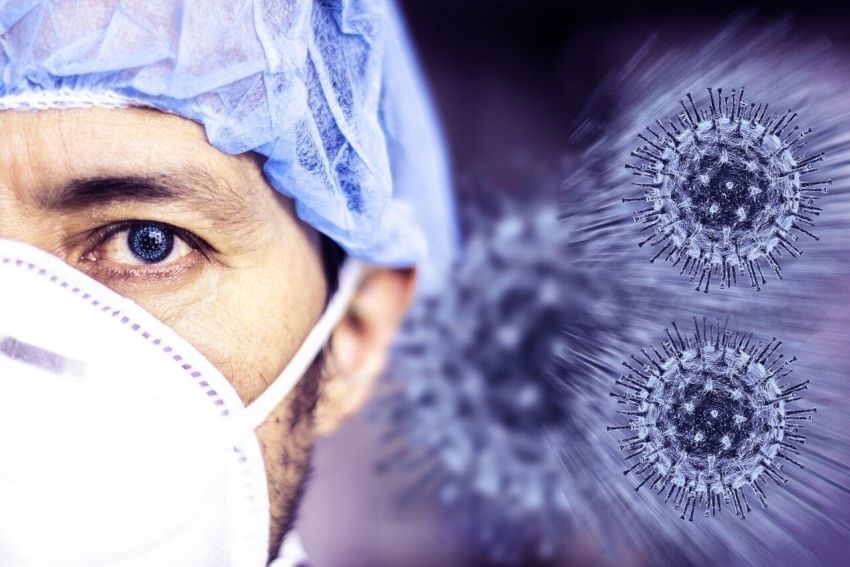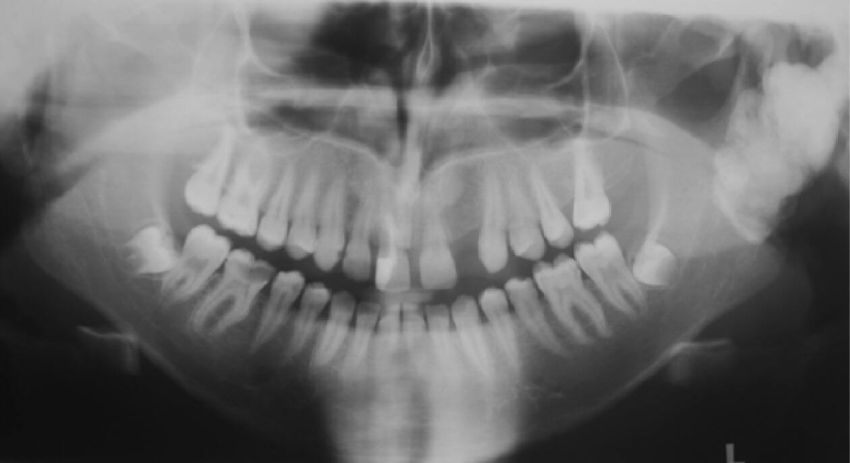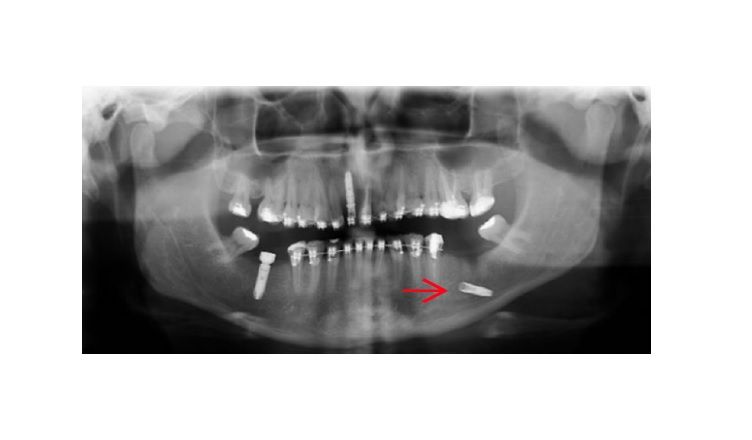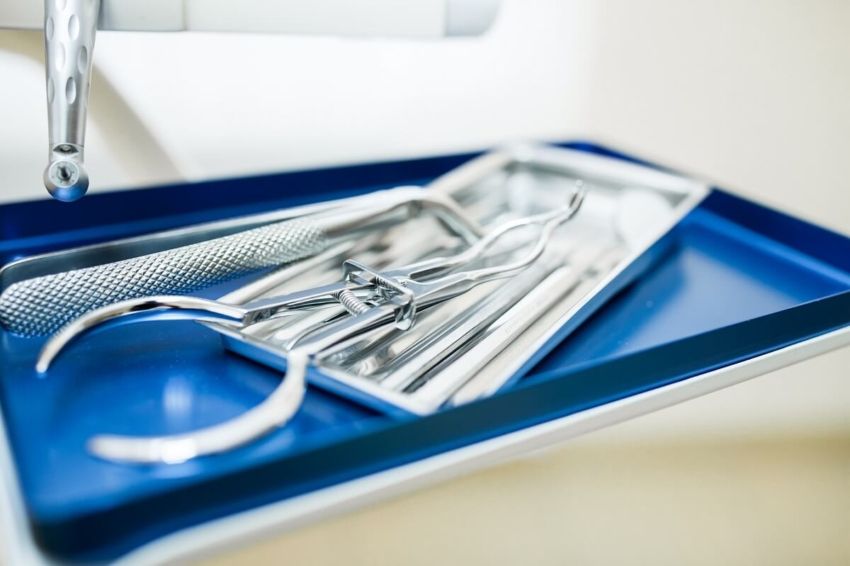Immunity in the recovered remains for a long time
Two very good news: immunity in the recovered remains for a long time, and vaccination strengthens it, this allows us to hope that the protection against current and future variants will be at a very good level – says virologist of the Jagiellonian University in Krakow prof. Krzysztof Pyrć.
The specialist cites a study published by "Nature" by researchers at the Laboratory of Molecular Immunology Rockefeller University in New York. They show that in recovered patients who have undergone COVID-19 disease, after a year of observation, immunity can be found to persist for at least 6-12 months. In contrast, when used in these individuals, a vaccine against SARS-CoV-2, such as Pfizer's mRNA, further increases humoral (specific) immunity, associated with the production of antibodies and immune cells, such as B cells that remember the infection.
Prof. Krzysztof Pyrć, a virologist from the Malopolska Biotechnology Center of the Jagiellonian University in Krakow, summarizes on Twitter that there are two very good news: immunity in the recovered patients persists for a long time, and vaccination dramatically strengthens this immunity and allows us to hope that protection against current and future variants will be at a very good level.
He points out that vaccinated people also protect other people from infection. – We vaccinate for ourselves, but also for others. On average, for every 20% of vaccinated people in a population, the number of cases in unvaccinated groups decreases almost twofold – emphasizes.
The Supreme Medical Council's expert on vaccination. fighting COVID-19. Dr. Pawel Grzesiowski warns that people lose motivation for prevention when the threat is ignored. On Twitter, he recalls that so far more than 150,000. Poles died from coronavirus, 1.5 million suffer from pocovid complications.
It is still unknown how long the post-vaccination protection against COVID-19 will last and how often these vaccinations will have to be repeated. – I am cautiously optimistic on this subject – says in an interview with Dentonet virologist Dr. hab. n. med. Tomasz Dzieciątkowski.



